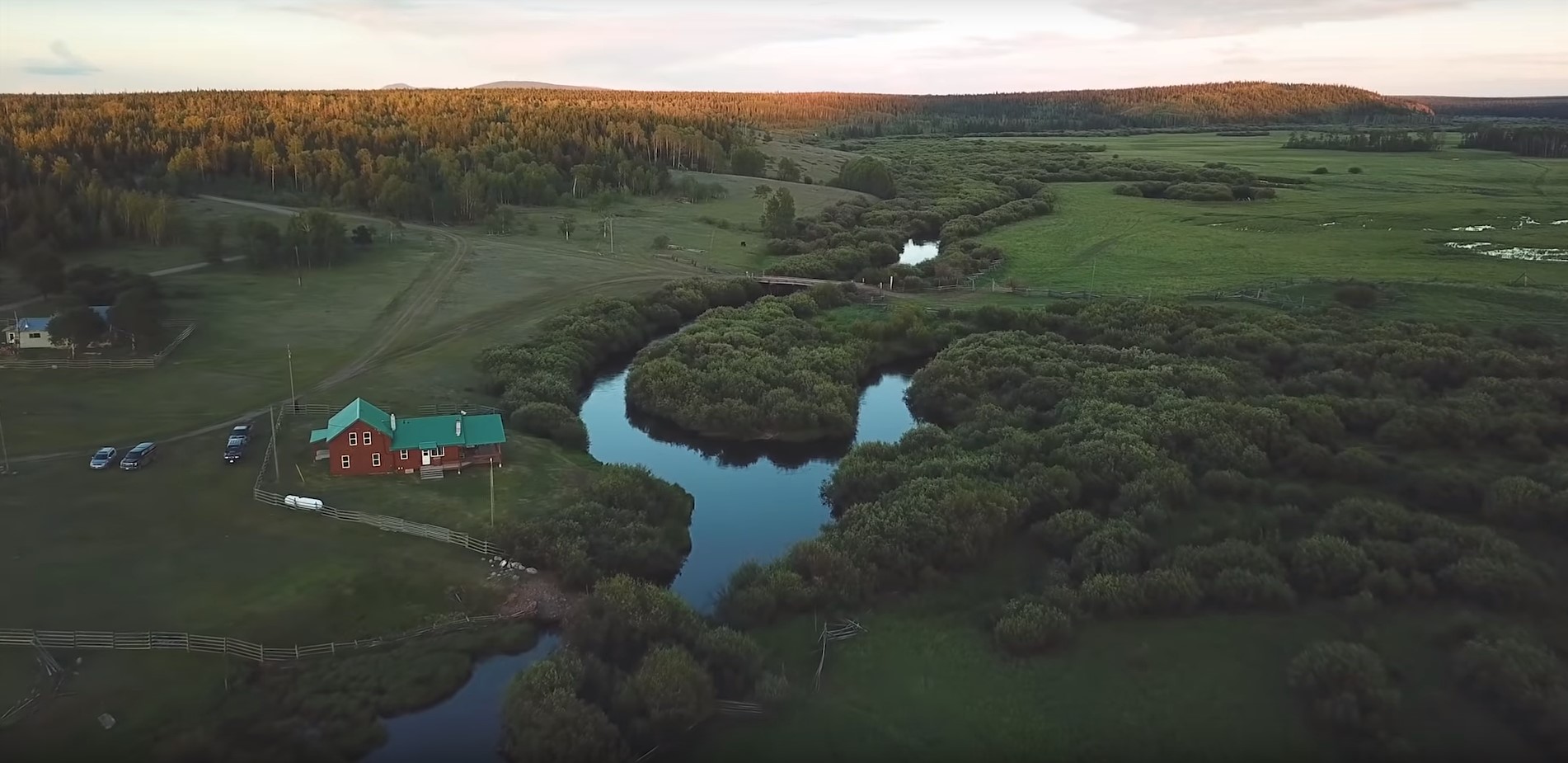Property List
Horse and Equestrian Ranches, Production Ranches - livestock & farming, Sporting, Fishing, & Hunting Ranches
Sporting, Fishing, & Hunting Ranches
Sort by Acreage and Price
Properties and Ranches For Sale in Canada
Canada is home to some very large farms and ranches. In the western provinces, you will find not only large cattle ranches but also farms of various types ranging from berry and vegetable farms to wheat and hay farms.
Canadian farms and ranches raise a variety of livestock.
- beef cattle
- pigs
- elk
- bison
- sheep
There is also a wide variety of poultry raised on Canadain farms
- chickens
- ducks
- geese
- turkeys
Canada is also home to some of the largest hunting territories in North America with a wide variety of game to hunt including bighorn sheep, elk, bears, and moose to name a few. As you go east, you also encounter great whitetail hunting.
Ranching in Canada has a long history dating back to the 1600s when the first cattle arrived in what is now Quebec. However, it wasn’t until the mid-1800s that ranching began to take hold in Western Canada, particularly in the Prairie provinces of Manitoba, Saskatchewan, and Alberta.
During this time, the Canadian government was actively encouraging settlement and development of the West, including the promotion of ranching. Many early ranchers were cowboys from the United States who brought their experience and expertise in cattle handling and breeding to the Canadian prairies.
In the late 1800s and early 1900s, the Canadian ranching industry experienced significant growth and expansion.
When buying a ranch in Canada, Alberta or British Columbia, here are some things to consider:
- Location: Consider the location of the ranch and its proximity to amenities, services, and major transportation routes. You may want to consider a ranch that is close to a town or city for easier access to supplies and services.
- Water sources: Access to water is crucial for any ranch operation. Make sure the property has a reliable and abundant source of water, such as a well, creek, river, or pond.
- Soil quality: The quality of the soil will affect the type and amount of crops that can be grown on the property. It’s important to have the soil tested to ensure it’s suitable for your intended use.
- Grazing land: If you plan to raise livestock, make sure the ranch has ample grazing land and is properly fenced to keep the animals in and predators out. Many British Columbia and Canadian ranches have leases of government land also known as Crown Land
- Buildings and infrastructure: Consider the existing buildings and infrastructure on the property, such as barns, sheds, fences, and roads. If you plan to use the ranch for commercial purposes, you may need to make additional investments in infrastructure.
- Zoning and regulations: Check the zoning and regulations for the area to ensure the property is suitable for your intended use. Some areas may have restrictions on the type and number of animals that can be raised, or on the use of pesticides and other chemicals.
- Climate and weather patterns: British Columbia has a varied climate, and weather patterns can affect the success of your ranching operations. Consider the average temperatures, precipitation levels, and growing seasons in the area.
- Wildlife and conservation: If the ranch is located in an area with wildlife, you may need to take precautions to protect your livestock and crops. Additionally, if there are protected or sensitive species in the area, you may need to comply with conservation regulations.
- Consider working with a reputable broker who specializes in farms, ranches, agriculture land, and recreational ranches as they will have the experience and knowledge to assist you throughout the purchase and save you from making costly missteps.

